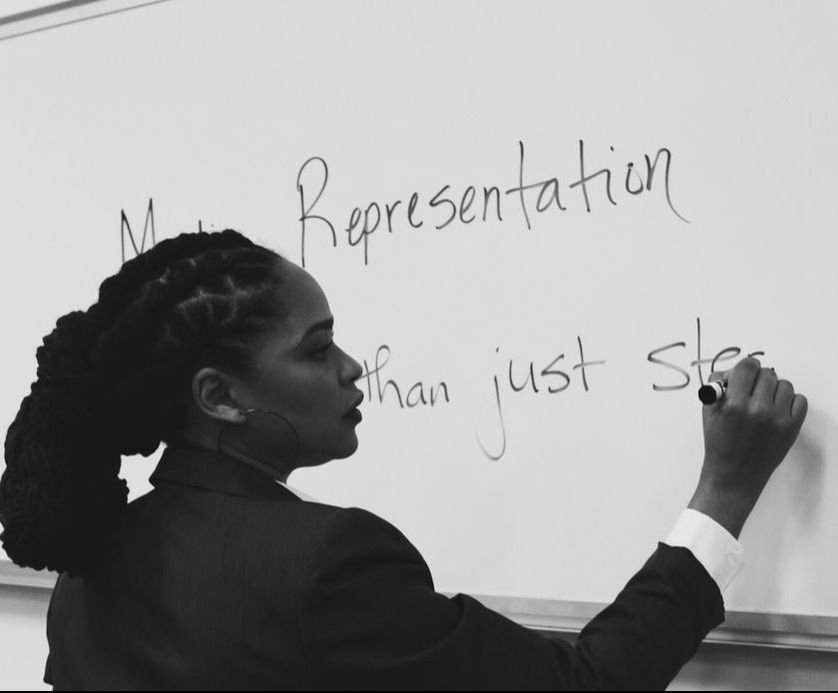Scholar / activist / Lawyer / Minister / professor / mother / Author
Dr. Roslyn Satchel is a scholar-activist who researches and teaches about communication, ethics, and law. She is a Berkman Klein Center Fellow at Harvard Law School and serves as a Professor and head Researcher at Kennesaw State University, the Radow Institute for Social Equity.
Roslyn is an experienced strategic communication consultant and an Itinerant Elder in the African Methodist Episcopal Church. In her book, What Movies Teach about Race: Exceptionalism, Erasure and Entitlement, she brings her media, legal, and religion background together to examine cultural representations in the most influential films of all time.
Her current research partners with violence against women experts to develop online interventions that improve access, resources and outcomes for intimate partner violence victims/survivors.


















